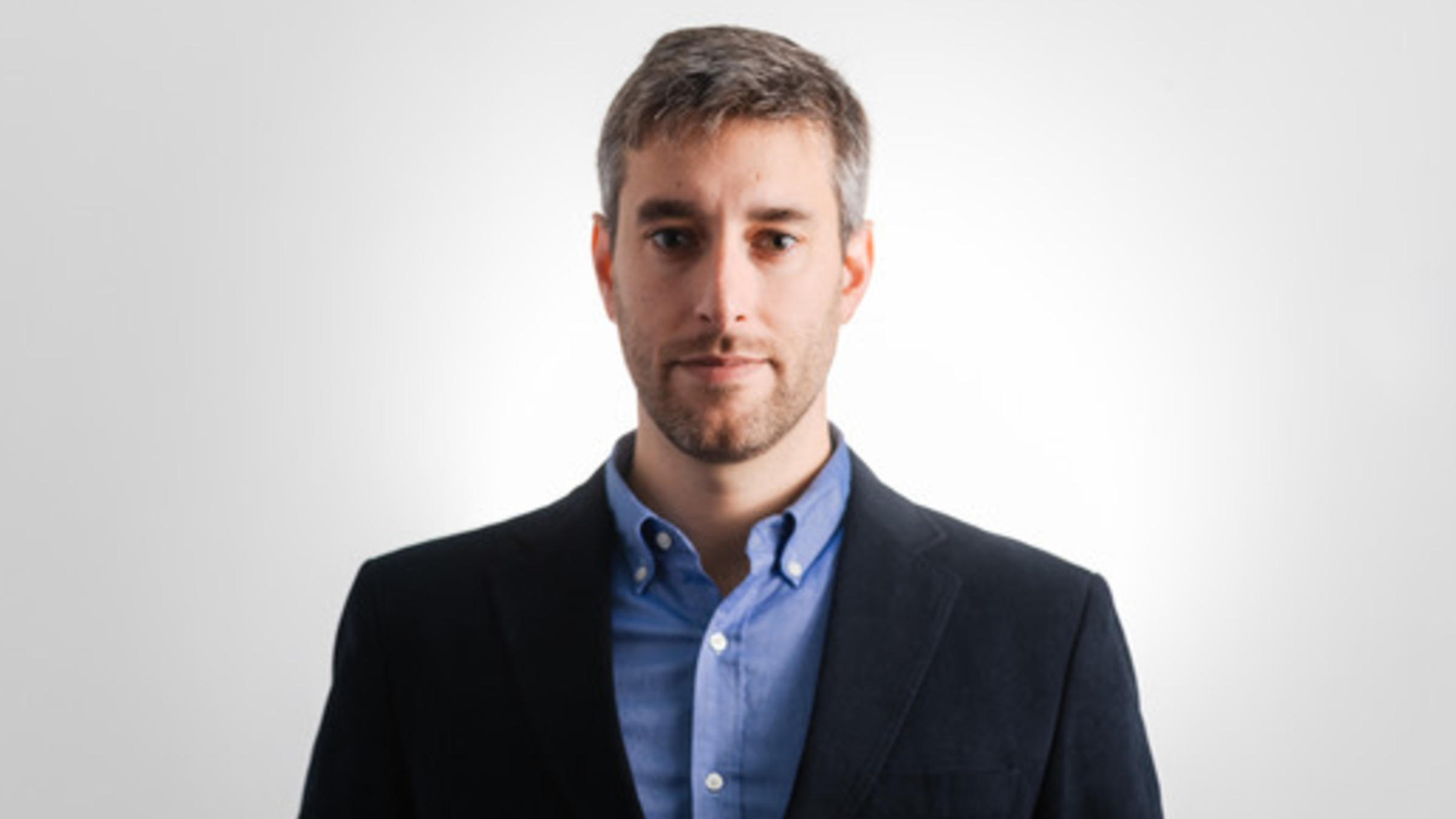
Seeking to 'close the loop' in drug discovery with machine learning, Catalio-backed biotech emerges from semi-stealth
Two years after securing seed funding and remaining in a state of “semi-stealth,” a San Francisco biotech keen on combining evolution and small molecule discovery recently bagged a VC round that will let it do just that.
Known as Anagenex, the company announced Wednesday that it raised a $30 million Series A round, securing the attention of Catalio Capital Management as lead investor. A few other investors tagged along, such as Lux Capital and Khosla Ventures.
Unlock this article instantly by becoming a free subscriber.
You’ll get access to free articles each month, plus you can customize what newsletters get delivered to your inbox each week, including breaking news.